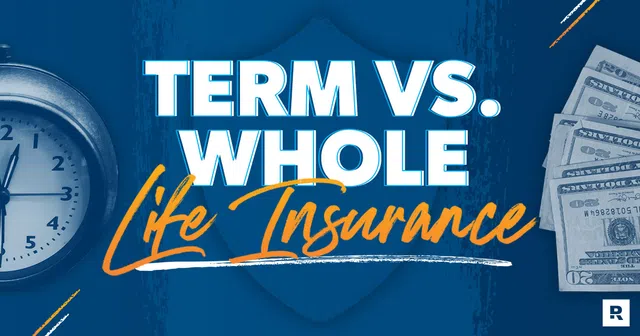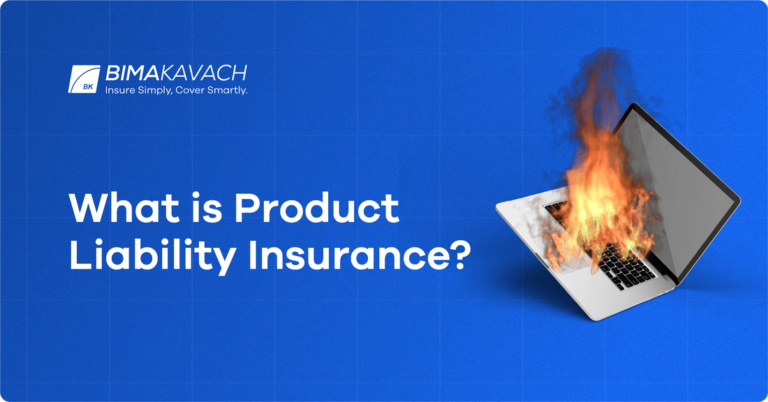Whole Life Insurance vs. Term Life Insurance: Understanding the Differences
Life insurance is an essential part of financial planning. It provides financial protection to your loved ones in the event of your death. However, choosing the right type of life insurance can be overwhelming. Two of the most common types are whole life insurance and term life insurance. Each has its own set of benefits and drawbacks, and understanding these can help you make an informed decision. This guide will explore the differences between whole life insurance and term life insurance, helping you decide which is best for you and your family.
What is Whole Life Insurance?
Whole life insurance is a type of permanent life insurance. This means it provides coverage for your entire life, as long as you continue to pay the premiums. Whole life insurance combines a death benefit with a savings component, known as the cash value, which grows over time.
Key Features of Whole Life Insurance
- Lifetime Coverage: Whole life insurance covers you for your entire life. Your beneficiaries will receive a death benefit regardless of when you pass away, provided the policy is active.
- Cash Value Accumulation: Part of your premium goes into a cash value account that grows over time. This cash value is tax-deferred, meaning you don’t pay taxes on its growth until you withdraw it.
- Fixed Premiums: The premiums for whole life insurance are fixed and do not change over time. This can make budgeting easier, as you know what to expect each month.
- Dividends: Some whole life policies pay dividends, which can be used to reduce premiums, increase the death benefit, or be taken as cash. Dividends are not guaranteed, but they can provide additional value.
Advantages of Whole Life Insurance
- Permanent Coverage: Provides peace of mind knowing your beneficiaries will receive a payout no matter when you die.
- Savings Component: The cash value can be borrowed against or withdrawn, offering financial flexibility.
- Fixed Premiums: Easier to budget with predictable premiums.
- Potential Dividends: Some policies offer dividends, adding potential value to your policy.
Disadvantages of Whole Life Insurance
- Higher Premiums: Whole life insurance is generally more expensive than term life insurance due to its lifetime coverage and cash value component.
- Complexity: Whole life policies can be more complicated to understand due to their cash value and potential dividend features.
- Lower Returns: The cash value component may offer lower returns compared to other investment options.
What is Term Life Insurance?
Term life insurance provides coverage for a specific period, or “term,” such as 10, 20, or 30 years. It is designed to provide a death benefit to your beneficiaries if you pass away during the term of the policy. Unlike whole life insurance, term life does not have a cash value component.
Key Features of Term Life Insurance
- Temporary Coverage: Term life insurance provides coverage for a specified period. If you outlive the term, the policy expires without any value.
- Affordable Premiums: Term life insurance premiums are generally lower than those of whole life insurance, making it a cost-effective option for many people.
- Simplicity: Term life insurance is straightforward, focusing solely on providing a death benefit without any investment or savings components.
Advantages of Term Life Insurance
- Lower Premiums: More affordable compared to whole life insurance, making it accessible for individuals and families with various budgets.
- Simplicity: Easy to understand with a clear focus on providing a death benefit.
- Flexibility: Can choose a term that fits your financial planning needs, such as covering the years until your mortgage is paid off or your children are grown.
Disadvantages of Term Life Insurance
- Temporary Coverage: Coverage ends when the term expires, and you may need to renew or purchase a new policy, often at higher premiums due to age or health changes.
- No Cash Value: Term life insurance does not accumulate cash value, so there’s no investment component or financial benefit beyond the death benefit.
Comparing Whole Life and Term Life Insurance
When deciding between whole life and term life insurance, consider your financial goals, budget, and coverage needs. Here’s a detailed comparison to help you choose:
Cost
- Whole Life Insurance: Higher premiums due to lifetime coverage and cash value accumulation.
- Term Life Insurance: Lower premiums, making it more affordable for most people, especially young families or those on a tight budget.
Coverage Duration
- Whole Life Insurance: Provides lifelong coverage.
- Term Life Insurance: Coverage is limited to the term you choose (e.g., 10, 20, 30 years).
Cash Value
- Whole Life Insurance: Builds cash value that you can borrow against or withdraw.
- Term Life Insurance: Does not build cash value; it’s purely for death benefit protection.
Flexibility
- Whole Life Insurance: Offers financial flexibility through cash value and potential dividends.
- Term Life Insurance: Simpler with a clear, straightforward death benefit.
Suitability
- Whole Life Insurance: Better for those looking for lifetime coverage and willing to pay higher premiums. Suitable for estate planning or those seeking an additional savings component.
- Term Life Insurance: Ideal for those needing temporary coverage, such as covering the years until major debts are paid off or children are financially independent.
Choosing the Right Policy for You
Selecting the right life insurance policy depends on various factors, including your financial goals, budget, and the needs of your beneficiaries. Here are some questions to ask yourself when deciding between whole life and term life insurance:
- What is my budget for life insurance premiums?
- If you have a limited budget, term life insurance may be more suitable due to its lower premiums.
- How long do I need coverage?
- If you only need coverage for a specific period, such as until your mortgage is paid off or your children are grown, term life insurance could be the better option.
- If you want lifelong coverage, whole life insurance is the right choice.
- Do I want a policy that builds cash value?
- If you are interested in a policy that offers a savings component and potential dividends, whole life insurance is the way to go.
- How important is flexibility to me?
- Whole life insurance offers more financial flexibility due to its cash value component, which can be borrowed against or used in other ways.
- What are my long-term financial goals?
- Consider how life insurance fits into your overall financial plan. If you need a straightforward, affordable option, term life insurance is ideal. For those planning for estate taxes or seeking an additional investment component, whole life insurance might be more appropriate.
Conclusion
Understanding the differences between whole life insurance and term life insurance is crucial in making an informed decision that aligns with your financial goals and needs. Whole life insurance provides lifelong coverage and a cash value component, but comes with higher premiums. On the other hand, term life insurance offers affordable, temporary coverage without any cash value.
By carefully considering your budget, coverage needs, and long-term financial objectives, you can choose the policy that best fits your situation. Whether you opt for whole life insurance or term life insurance, having some form of life insurance is a critical step in ensuring the financial security of your loved ones.
Remember, the best life insurance policy is one that provides peace of mind, knowing that your family will be taken care of financially in the event of your passing. Take the time to evaluate your options, consult with a financial advisor if needed, and choose the policy that offers the right balance of coverage and affordability for you.






